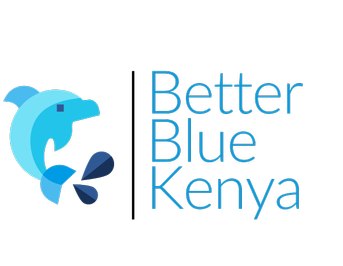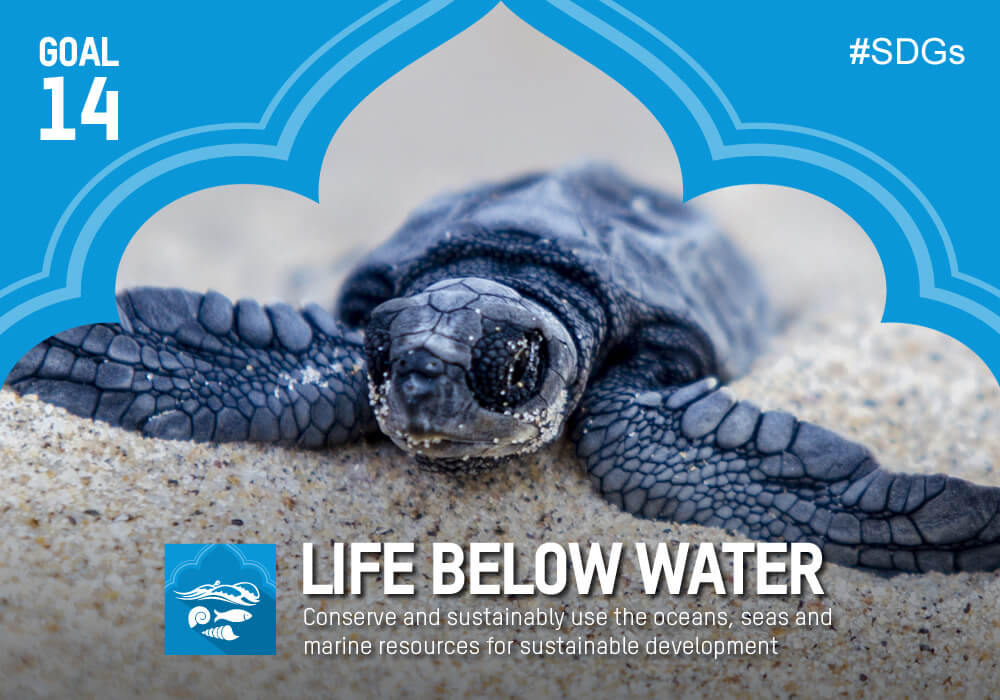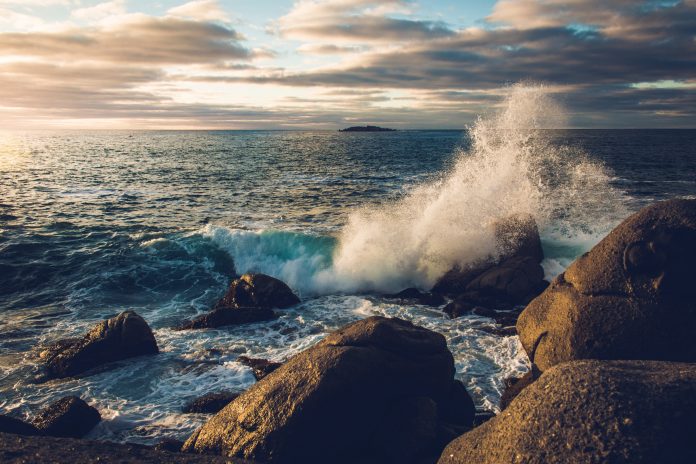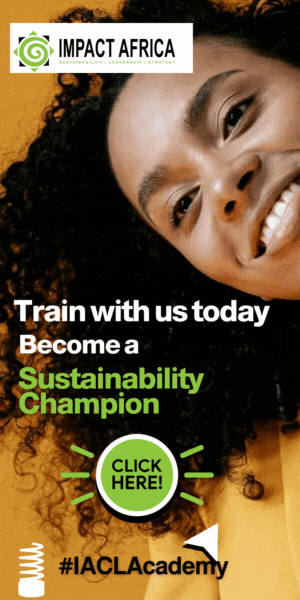Healthy oceans are the life support system for our planet, providing 97% of the Earth’s livable habitat and a home to more than 700,000 species. However, due to human activities, such as disposing waste and plastics, our waters are more troubled than ever before. Currently, only about 2% of the world’s oceans are protected. The lack of protection means that up to 12 million metric tons of plastic – everything from plastic bottles and bags to microbeads – end up in our water sources each year. That is a truckload!
The increasing amount of plastic waste is devastating the habitat of marine life. Discarded plastic fishing lines entangle turtles and seabirds; marine life mistake plastic waste for food; microorganisms consume micro-plastics, accumulating plastic even at the lowest level of the marine food chain. Plastic waste is present at all levels of the food chain, it accumulates and inevitably ends up on our plates. In the face of the troubles plastic brings to marine life, Better Blue Kenya is taking action to ensure its conservation. In an interview with Impact Africa, Esther Maina, founder of Better Blue Kenya, sheds more light on the initiative.
“Speaking for the Waters” is Better Blue’s main agenda, please tell us more about the initiative.
Better Blue’s main agenda of “Speaking for the Waters” was derived from quite a fascinating idea. I believe there is always a voice coming from the waters, whether a still or in motion stream, river, lake, sea or ocean. To me, this is a voice that means life. Not only to nature but also humanity and the planet as a whole. Life underwater is key in driving the socio-economic aspects of the country. However, the pressing challenges facing the environment specifically regarding and related to the waters with particular concern to pollution, climate, and unsustainable use are a major threat to this life. With these challenges, I felt the need to ensure recurrent capacity to conserve that life.

The initiative initially started as a micro mini venture dubbed “Treasures from Plastic Waste” in 2017. Later this year, I decided to broaden the scope of the initiative. It not only involves suitable post-consumer recycling alternatives but also as an integral sector among other conservation actions. These are dedicated to support, promote and champion for the integrity, prosperity, sustainable utilization and conservation of water bodies – currently, Better Blue Kenya.
We endeavor to achieve our aim through; advocacy for environmental responsibility. To solve the challenges facing water bodies, we focus on sustainable consumption and production, promoting innovation and environmental education. This enlightens and raises awareness of the solutions and approaches to addressing the challenges facing our waters. It further promoting community-based conservation and engaging in activities geared towards water and water resources conservation.
Growing up as a normal Kenyan girl, what inspired you to venture into the world of sustainability?
The world of sustainability for me has been a journey that keeps unfolding each new day. One that started even without me understanding what sustainability exactly was. Coming from a rural area and from a tender age, I was always fascinated by the world around me. With the concept of sustainability and the global SDGs gaining momentum in the recent past my passion to venture into sustainability was fueled when I attended the Kenya Youth Conference on SDGs for a Sustainable Kenya Beyond 2030 at the Kenya School of Government in 2018.
Having the mantra, “you could attend all functions but what have you to show after all is said and done” in mind, I not only left with the knowledge but was compelled to act. Not just act but do this aligning my interests with the global goals. They have been an eye-opener for me not only to spot existing opportunities but also explore and create somewhere none existed. I now find in the goals a platform to channel my infinite capacity to bring about a positive impact between now and 2030 when the resolved period of the Agenda is going to elapse.
Share an example of a sustainability project goal or strategy you developed and has been of much help in your campaign for Better Blue in Kenya.
I have developed simple innovations of producing jewelry and home accessories from recycled plastic. Well, I believe it does not have to be complex to solve a problem, that which may be termed simple could produce the most anticipated change. I say this because this simple idea is among the things that highlight enormous success in my life.
It was through this project that I won the Sustainable Consumption and Production fellowship in Africa. It also granted me entry into the 2nd Generation Finalists of Africa Innovation Leaders Business Challenge, at the Emerging African Innovation Leaders G7 Exchange and Empowerment Program. This has catalyzed my endeavors in promoting education and advocacy for environmental consciousness and responsibility.
Highlight some of the projects Better Blue Kenya has engaged in, to achieve the sustainable development goal 14 – Life below water.

At Better Blue Kenya we strongly feel that sustainably managing and protecting marine and coastal ecosystems from pollution and other impacts arising from human pressures cannot be a stand-alone aspect of focus. Before we get down to the waters, we should also take into account what is happening up in the terrestrial ecosystems. Findings by the UN Environment stat that 8 million tons of plastics end up in the ocean every year with 80% emanating from land-based sources. It further notes that by 2050 the plastics could outweigh the fishes.
We have built partnerships with schools and engage them in strategic waste segregation, tree planting, and tree naming. Community-based organizations are also our key partners in conservation. The Tea Farmers Association, for instance, is a critical player in the restoration of riparian land. We have also partnered with Spatial Ventures Limited in developing a model for coral reef mapping to raise awareness on the plight of coral reefs in Kenya as well as encourage adoption of the best practice in the sustainable management of coral reefs and associated ecosystems.
What are some of the challenges Better Blue Kenya has faced in partnerships?
Most challenges are due to financial constraints. For instances where we have invested a lot of financial energy, the partner may also want to get valued, which mostly involves financial credits. Another challenge has been partnering with organizations whose objectives are not in unison with our goal hence being overshadowed. This kind of partnerships often leads to a win-lose situation. Commitment and consistency is also a major challenge. Partners sometimes fail to honor promises they made leaving us no choice than focusing all our energy in the project you had proposed to work on with the partners.
What factors do you consider when proposing a sustainability initiative?
One is that whether it’s about business or non-profit it does not have to jeopardize nature’s integrity & capacity to provide for future generations. We integrate the protective, conservative and restorative approaches. It means exploring all available rewarding options not forgetting that it doesn’t only have to be a profit but also take environmental considerations into account. The other factor is aligning our initiative with global goals. We cannot mention sustainability without talking of the UN 2030 Agenda for sustainable development
Provide an effective method you have used to ensure the youth are interested in sustainability projects.
Most young people in Kenya will sometimes be obliged to accept what you propose to them only when they are sure to expect something from you in return. One effective method that has worked is carrying along with giveaways with me every time we go out for sustainability activities. We present them to individuals who have gained the best of the idea in the theme of the day. These include reusable hydro-flask bottles, calendars and some of the accessories produced from recycled plastic. These always boost their motivation and makes them want to learn more.
We have also twined our sustainability projects with youth affiliated activities such as sports to make them more attractive. We also look forward to developing platforms for capacity building such as forums and seminars concerning conservation activities.
Having won the #OceansDayChallenge2019, how did this impact your campaign for Better Blue Kenya?
This has been of great importance in my journey. It has helped me get identified by people globally. Networks created through that platform are helping me realize the objectives of my initiative. Recognition and support from global social media platforms have impacted positively on Better Blue’s performance. People are enlightened and more aware of my initiative thus fostering support and trust. Moreover, I have built confidence to approach matters speaking for the waters more vocally and boldly.
What is your concern about our ability as a country to create a more sustainable world?
I feel we are yet to get there. Efforts should be made to increase knowledge regarding sustainability for people to embrace and embed it in their initiatives/ventures/organizations. As a developing country, in our pursuit of economic growth and development, challenges of climate change, pollution, and environmental degradation should be taken into account for consideration. The economy cannot be productive if there are no resources to derive productivity and growth from in the first place. More often we are in pursuit of development with little focus on our choices, habits, and actions. If we do not sustainably utilize, protect and conserve what we have at the moment we will be the same ones to have sealed our fate for the future.
What piece of advice would you offer to others seeking to create change in the sustainable world?
Addressing sustainability may not always be business as usual. Sometimes it will even require you to pay and not getting paid. Building a sustainable world requires patience and passion. One step out of the door propels you closer to your dreams. Go after what you want and cultivate your interests only then will your passion be fueled. Also, follow your path and do not feel intimidated by those who have made it already. It is a journey and we all have different paths.
Often we tend to leave our paths and focus on other people’s and that’s what derails us from getting where we are destined to be. Don’t feel small. Maintain patience and trust the process




